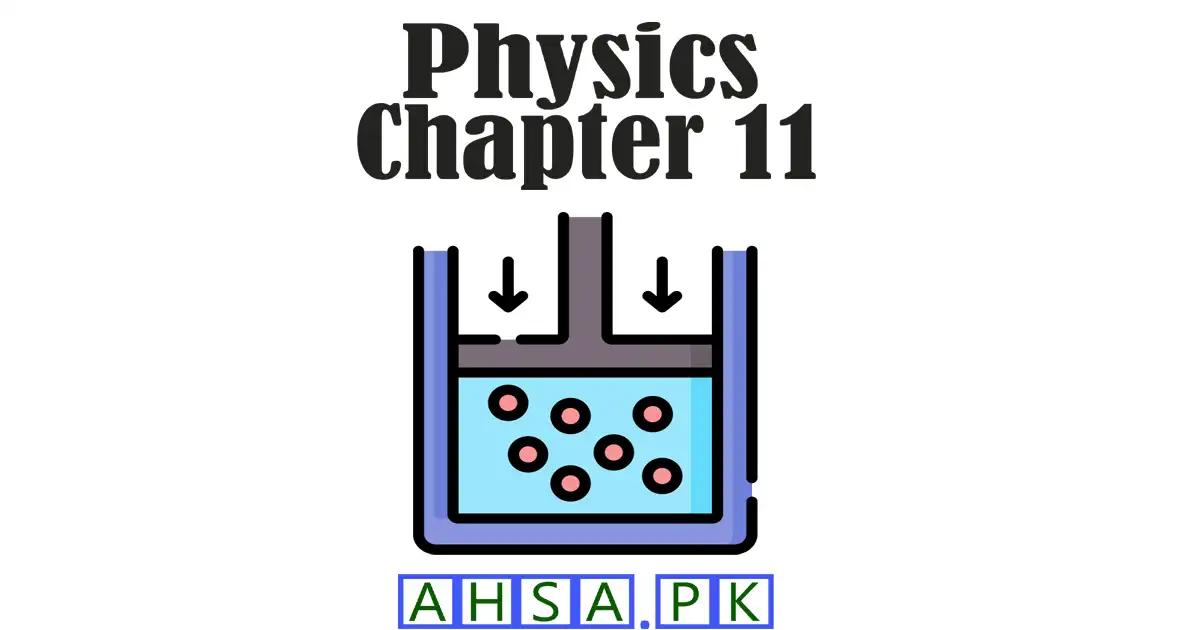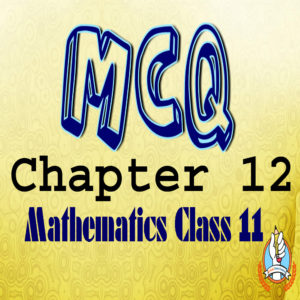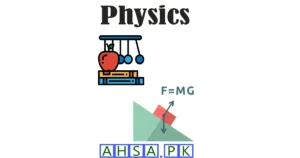Physics 1st Year Chapter 11 MCQs are up-to-date and are beneficial for both entry tests and board examinations. Students must prepare these again and again to have the best possible result.
Physics 1st Year Chapter 11 MCQs
FSc 1st Year Physics Chapter 11 MCQs Notes are a helping material for all kinds of papers.
Physics 1st Year Chapter 11 Heat and Thermodynamics
Heat is the form of:
Pressure of the gas depends upon:
In the isothermal process, one of the following is constant:
A process in which no heat enters or leaves the system is called
For a gas obeying Boyle’s law, if the pressure is doubled, the volume becomes:
Gas law PVγ = constant is for:
Cloud formation in the atmosphere is example of:
Boyle’s law holds for ideal gases in:
Which one is true for internal energy?
The internal energy of an ideal gas is directly proportional to:
Which one is correct relation?
Specific heats of a gas at constant pressure and at constant volume are respectively Cp and Cv :
Numerical value of Boltzmann’s constant is:
The first law of thermodynamics is an expression of:
The amount of heat required raising the temperature of 1 kg of a substance through 1 K is called:
The expression for isothermal process is:
In adiabatic expansion, first law of thermodynamics becomes:
The Celsius scale starts from:
Unit of thermodynamic scale of temperature is:
Normal human body temperature 98.6oF corresponds to:
Triple point of water is:
If the temperature of the sink is decreased, the efficiency of Carnot engine:
The area enclosed by the curve ABCDA for a Carnot heat engine represents the work done by Carnot engine:
Carnot cycle is:
The efficiency of diesel engine is about:
The efficiency of petrol engine is about:
The efficiency of a Carnot engine between HTR at T1 and LTR at T2 is given by:
Working cycle of a typical petrol engine consists of:
The unit of entropy is:
Mathematically, entropy is represented by:
The increase in the entropy means the increase in:
The property of a system that remains constant during an adiabatic process is called:
In which process entropy remains constant:
When heat is added to the system, the entropy change is:
Physics 1st Year Chapter 11 Heat and Thermodynamics
You got {{userScore}} out of {{maxScore}} correct
{{title}}
{{image}}
{{content}}
Solve More Chapters’ MCQs Online




